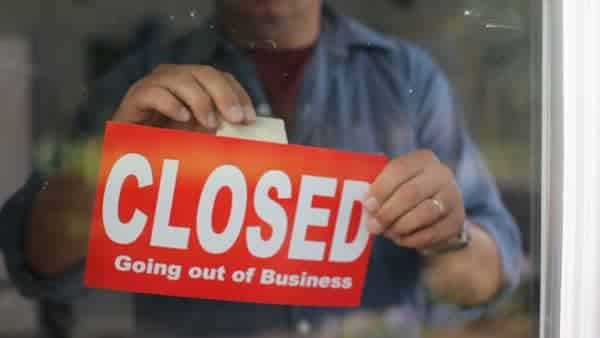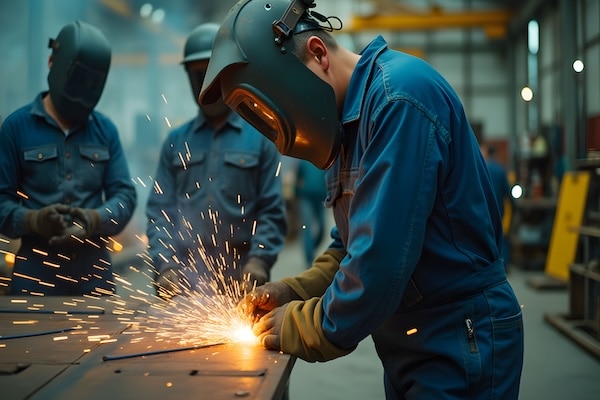The Hidden Risk in the Trades: Why We Need Stable Skilled Trades Businesses

We often talk about the skilled labor shortage—but there’s a quieter, equally urgent issue hiding in plain sight: the instability of trades businesses themselves.
Electricians, HVAC technicians, plumbers, contractors, and other skilled professionals are in high demand. But too many of their businesses fail within the first few years. When they do, the fallout extends far beyond the owner. It impacts job security, local economies, and the public’s trust in trades.
If we want to rebuild our workforce and support essential infrastructure, we have to start with keeping these businesses alive.
The Risk Beneath the Surface
When a trades business shuts down, the consequences ripple:
- Projects stall, leaving homeowners and businesses scrambling.
- Workers lose jobs, often without warning or backup.
- Communities lose services—especially in underserved areas.
And perhaps most damaging: the trades themselves get a reputation for being unreliable or unpredictable. That perception can discourage new talent from entering the field—fueling the very shortages we’re trying to fix.
Why So Many Trades Businesses Fail
The reasons are surprisingly consistent:
- Lack of business training – Skilled professionals often go solo without the know-how to manage finances, marketing, or hiring.
- Cash flow crunch – Irregular payments, high material costs, and seasonal slowdowns create financial whiplash.
- Burnout and overwork – Tradespeople wear too many hats, leading to physical and emotional exhaustion.
- No succession planning – Many businesses don’t have a transition plan, so when the owner retires or burns out, the whole company folds.
In short: being good at your trade doesn’t guarantee you’ll succeed in business.
What Needs to Change
To stabilize the trades industry, we need to support not just workers—but business owners too. That means:
- Embedding entrepreneurship training into trade education
- Expanding access to financial literacy and business coaching
- Offering incentives for trades businesses to invest in apprenticeships and retention
- Creating regional or local support networks to reduce isolation and burnout
Stable trades businesses = consistent jobs, stronger communities, and healthier economic ecosystems.
Final Thought
The trades are essential—but so is the structure that supports them. If we want the next generation to view skilled work as a viable, respected career, we need to ensure that the businesses offering those careers are built to last.
At Dealing With Debt, we believe in building from the ground up—supporting not just financial literacy, but the long-term systems that create stability. One small business. One career. One paycheck at a time.
Next Up: “Why Do So Many Trades Businesses Fail?”






Responses